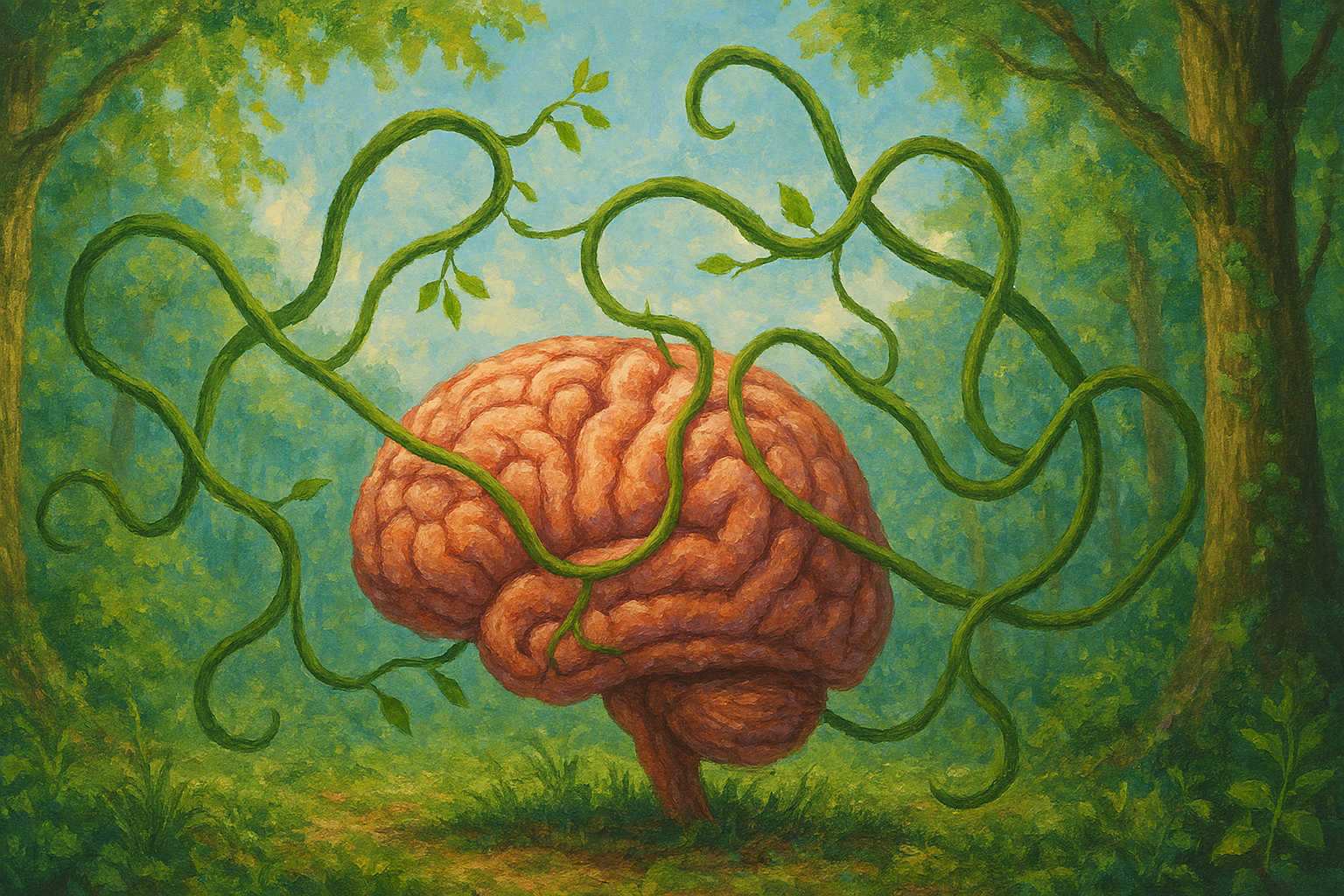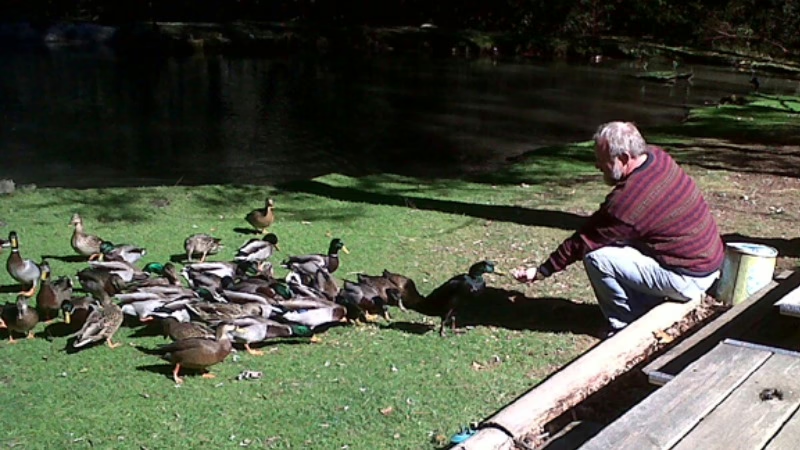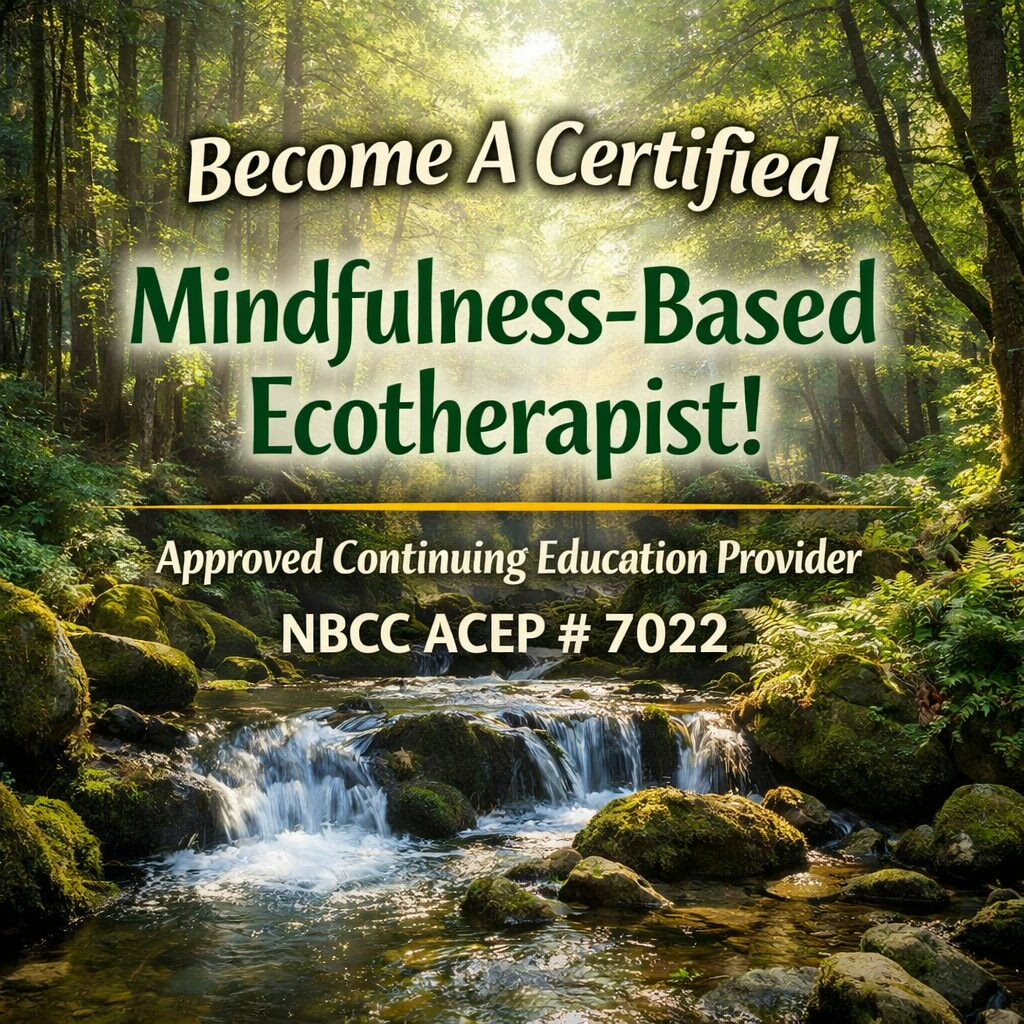
Table of Contents
Rewiring the brain supports healthier habits, emotional regulation, and resilience. Recovery from addiction requires rewiring the brain to support new behaviors and new habits. Neuroscience shows that chronic substance use can alter brain pathways related to reward, stress, and decision-making. These changes often make cravings, impulsive behavior, and emotional dysregulation challenging to manage. While therapy, support groups, and medical interventions are essential, integrating mindfulness-based ecotherapy (MBE) provides a unique approach that harnesses the natural environment to support neuroplasticity, emotional healing, and long-term recovery.
Understanding Brain Changes in Addiction
Addiction hijacks the brain’s reward system. Substances or addictive behaviors overstimulate dopamine pathways, creating intense pleasure responses and reinforcing habitual use. Over time, these pathways become dominant, while the prefrontal cortex, the area responsible for decision-making, impulse control, and long-term planning, can lose connections. Stress, trauma, and environmental triggers further exacerbate these changes, making relapse a common risk. Recovery, therefore, involves retraining the brain to respond differently to stress, pleasure, and cravings, establishing new, healthy neural connections.
How Nature Supports Brain Rewiring
Nature has a plethora of neurobiological effects. Research indicates that exposure to green spaces, natural light, and sensory-rich environments reduces cortisol, lowers heart rate, and improves mood. These physiological benefits create the optimal conditions for brain plasticity, which is the brain’s ability to form new connections and strengthen healthier pathways.
When combined with mindfulness, ecotherapy encourages present-moment awareness and conscious engagement with the environment. This combination supports the regulation of emotions, attention, and impulses, key components for rewiring the brain in recovery. For example, observing a flowing river or the gentle sway of trees while practicing mindful breathing can reduce stress responses and enhance prefrontal cortex activity, promoting clarity, decision-making, and emotional balance.
Mindfulness-Based Ecotherapy Techniques for Recovery
MBE offers practical tools to help people in addiction recovery restructure brain function while engaging deeply with nature:
- Mindful Walking in Nature – Walking slowly in a forest, park, or along a river encourages body awareness, grounding, and attention to the present. Each step and breath strengthens attentional control, improving the brain’s ability to resist cravings and automatic responses.
- Sensory Engagement – Engaging the senses with natural elements by feeling moss under fingertips, listening to birdsong, smelling fresh pine, or other sensory experiences in nature enhances connectivity between sensory and emotional brain regions. This multisensory input fosters neuroplasticity, helping the brain form new, positive associations.
- Nature Meditation – Sitting quietly in a natural environment and focusing on sights, sounds, or tactile sensations promotes emotional regulation. Observing thoughts and cravings nonjudgmentally strengthens prefrontal cortex pathways, supporting impulse control and mindful decision-making.
- Reflective Journaling Outdoors – Writing about experiences, emotions, and insights while immersed in nature enhances cognitive processing and self-awareness. Journaling creates a feedback loop for reflection, emotional release, and the reinforcement of healthier thought patterns.
- Ritualized Nature Activities – Planting a tree, tending a garden, or creating natural art can serve as symbolic acts of transformation. These activities link intention with tangible outcomes, reinforcing positive neural pathways associated with goal-setting, reward, and accomplishment.
Emotional and Cognitive Benefits
Integrating mindfulness-based ecotherapy into recovery offers a range of benefits that support both brain rewiring and emotional healing:
- Craving Management – Mindful attention in nature allows people to observe cravings without reacting, creating space for choice and self-regulation.
- Stress Reduction – Nature exposure lowers cortisol and activates the parasympathetic nervous system, reducing the neurobiological triggers for relapse.
- Emotional Awareness – Mindful engagement with natural environments enhances the ability to recognize, label, and process emotions, strengthening neural circuits for emotional regulation.
- Reward System Recalibration – Positive experiences in nature stimulate dopamine in healthy ways, supporting the brain’s reward system without substance use.
- Enhanced Focus and Cognition – Mindful activities in natural settings improve attention, executive function, and working memory, helping people make conscious, deliberate choices in recovery.
Integrating Nature into a Recovery Plan
For people in recovery, consistency is key. Regular engagement with nature, even for short daily or weekly sessions, helps reinforce neural pathways and supports sustained behavior change. Silent walks, journaling sessions, mindful meditations, and garden work can be structured as part of a comprehensive recovery plan, alongside therapy, peer support, and medical care.
Starting small, like with five minutes of mindful observation in a garden or a short walk in a park, can gradually be expanded into longer or more immersive nature experiences. Group retreats or guided programs offer additional support, combining social reinforcement with environmental engagement and mindfulness practices.
Conclusion
Addiction recovery requires rewiring the brain, strengthening emotional regulation, and cultivating resilience. Mindfulness-based ecotherapy provides a unique, scientifically supported approach to support these processes by harnessing the restorative, grounding, and neuroplasticity-promoting effects of nature. By engaging the senses, practicing mindful awareness, and participating in reflective or ritualized activities outdoors, people in recovery can retrain the brain, manage cravings, and foster healthier, adaptive neural pathways.
At the Mindful Ecotherapy Center, we encourage people to integrate nature-based mindfulness practices into their recovery journey. By connecting deeply with the natural world and cultivating mindful presence, people can support brain rewiring, enhance emotional resilience, and sustain long-term recovery. Nature not only heals the body and mind—it offers a living framework for transformation, renewal, and hope.
The Mindful Ecotherapy Center on YouTube
Subscribe to the Mindful Ecotherapy Center’s YouTube channel to bring peace, presence, and healing into your daily life. Our videos guide you through mindfulness-based ecotherapy practices, including forest bathing, tree planting rituals, nature meditations, and reflective exercises for grief, stress, and emotional well-being. Whether you’re seeking to reconnect with the natural world, cultivate inner calm, or find restorative tools for personal growth, our content offers practical guidance, inspiration, and community support. Join us to explore the transformative power of nature and mindfulness, and start your journey toward balance, resilience, and deeper connection today!
Share Your Thoughts!
What do you think? Share your thoughts in the comments below! And don’t forget to subscribe to our newsletter!



